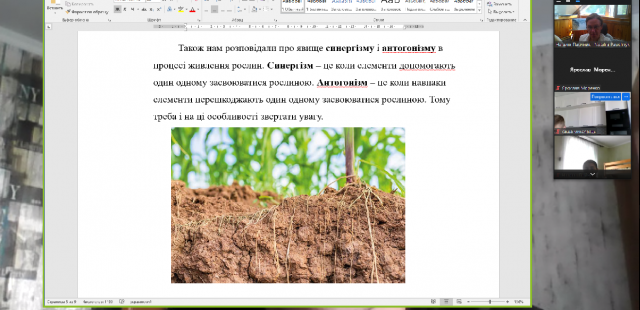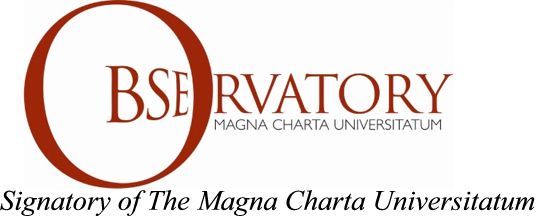Practical introduction to agrochemistry for first-year students
The educational and introductory practice allows us to touch upon the practical aspects of science, the theoretical foundations of which will be mastered by the current freshmen. Yes, today's challenging environment makes its own adjustments to practical training, but we managed to allocate time and arrange remote and face-to-face classes to get to know the main objects of study - plants, soil, fertilisers. And, of course, to communicate.

(З першокурсниками 8 і 9 груп )
The students were interested to see the training laboratories where the classes will be held, which include... chemical utensils, instruments, samples of fertilisers, soil, and plants. They looked through the training materials, listened and asked a lot of questions because they had already encountered agrochemical facilities in their lives.


But students will always be students... and that's the point.



Classes in the fruit and vegetable garden allowed us to examine a wide variety of plants for nutrients, learn about soil surveys, and much more.



(Представники 5 групи першоурсників)
And after the lessons, we offered to help with plant care. After all, a garden needs to be nurtured to be pleasing to the eye and to delight with tasty gifts. Weeding weeds is not a pleasant task, but the result of this work - clean rows of nursery plants - was a pleasure. And the next day, we helped pick berries, and the pleasure was even greater ...



The lessons learnt were reflected in the reports. I am pleased to note the diligence and searching talent in completing individual tasks. Everyone defended their work, demonstrating an understanding of the objects of study of the future discipline.




Nataliia Pasichnyk,
Associate Professor of the Department of Agrochemistry and Quality
of crop production named after A.I. Dushechkin









